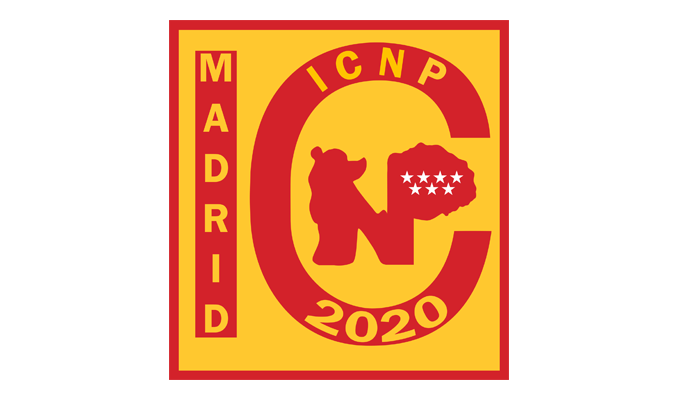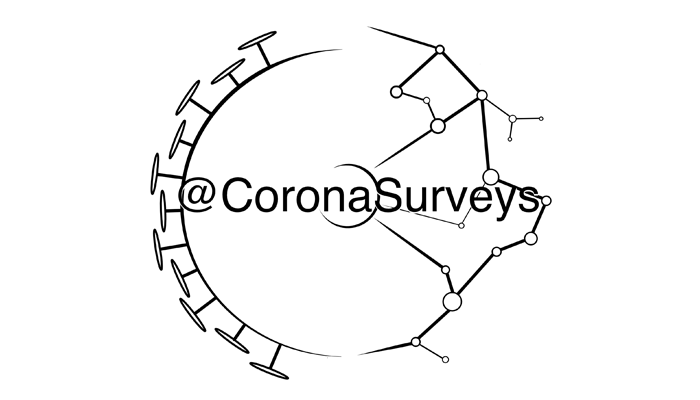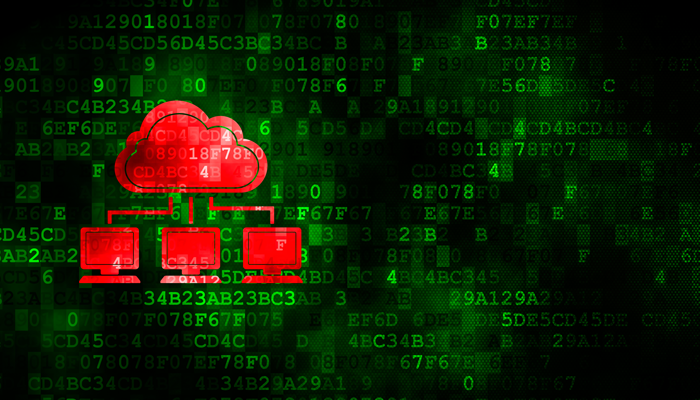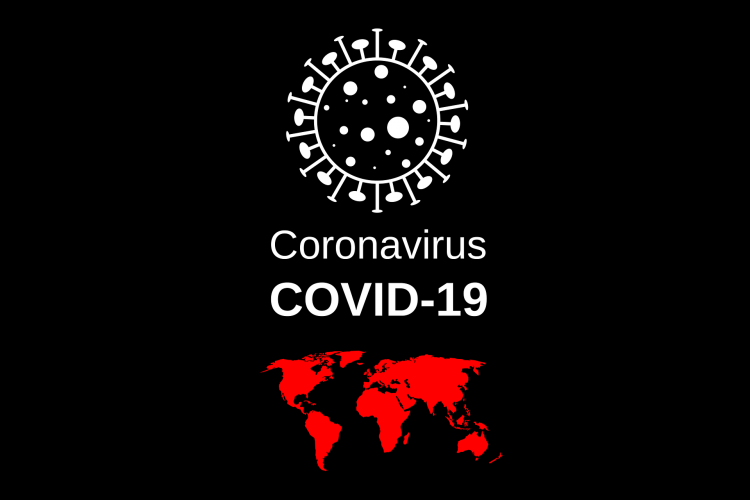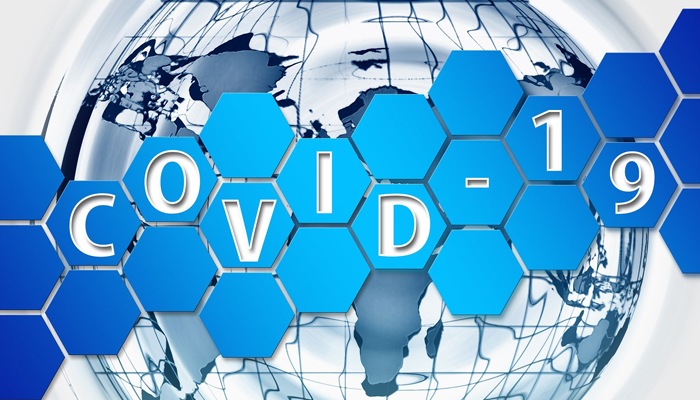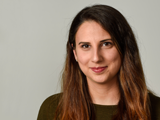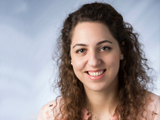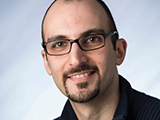IMDEA Networks

142 results for:antonio+fernandez+anta
IMDEA Networks hosted ICNP 2020
October 23, 2020
IEEE ICNP 2020 met on October 13 to 16. For the first time in its 28-year history, the conference was...
Go to newsarrow_right_altIEEE ICNP 2020
On October 13 through 16, IMDEA Networks Institute will host IEEE ICNP 2020, the 28th annual edition of the IEEE...
Go to eventarrow_right_altThe project led by IMDEA Networks’ researcher to measure the real impact of Covid using social networks’ surveys now reaches 150 countries
July 8, 2020
The project called CoronaSurveys was created to “Measure the Iceberg” and was based on the idea that the iceberg has...
Go to newsarrow_right_altThe present of the future of data analysis
May 29, 2020
Antonio Fernández Anta has participated in one of the “MBA Talks” of the Canarian academic center MBA Business School: “Big Data...
Go to newsarrow_right_altHow to get the most out of the tests
April 24, 2020
With COVID-19 hitting all areas of our lives, there is a need both socially and politically to know what the...
Go to newsarrow_right_altAn international team led by a researcher from IMDEA Networks counts more than two million current symptomatic cases of COVID-19 in Spain
April 2, 2020
In order to properly manage the Covid-19 pandemic, governments and the scientists who advise them need the most accurate data...
Go to newsarrow_right_altFormalizing and Implementing Distributed Ledger Objects
Despite the hype about blockchains and distributed ledgers, no formal abstraction of these objects has been proposed. To face this issue, in this paper we provide a proper formulation of a distributed ledger object. In brief, we define a ledger object as a sequence of records, and we provide the operations and the properties that such an object should support.
Go to eventarrow_right_altPhD Thesis defense: Achieving Reliability and Fairness in Online Task Computing Environments
We consider online task computing environments such as volunteer computing platforms running on BOINC (e.g., SETI@home) and crowdsourcing platforms such as Amazon’s Mechanical Turk. We model the computations as an Internet-based task computing system under the master-worker paradigm. A master entity sends tasks across the Internet, to worker entities willing to perform a computational task.
Go to eventarrow_right_altPhd Thesis defense: Online Scheduling in Fault-Prone Systems: Performance Optimization and Energy Efficiency
Everyone is familiar with the problem of online scheduling, even if they are not aware of it; from the way we prioritize our everyday decisions to the way a delivery service must decide on the route to follow in order to cover the ongoing requests. In computer science this is a problem of even greater importance.
Go to eventarrow_right_altPhD Thesis defense: Opportunistic Device-To-Device Communication In Cellular Networks: From Theory To Practice
Cellular service providers have been struggling with users’ demand since the emergence of mobile Internet. As a result, each generation of cellular network prevailed over its predecessors mainly in terms of connection speed.
Go to eventarrow_right_alt


